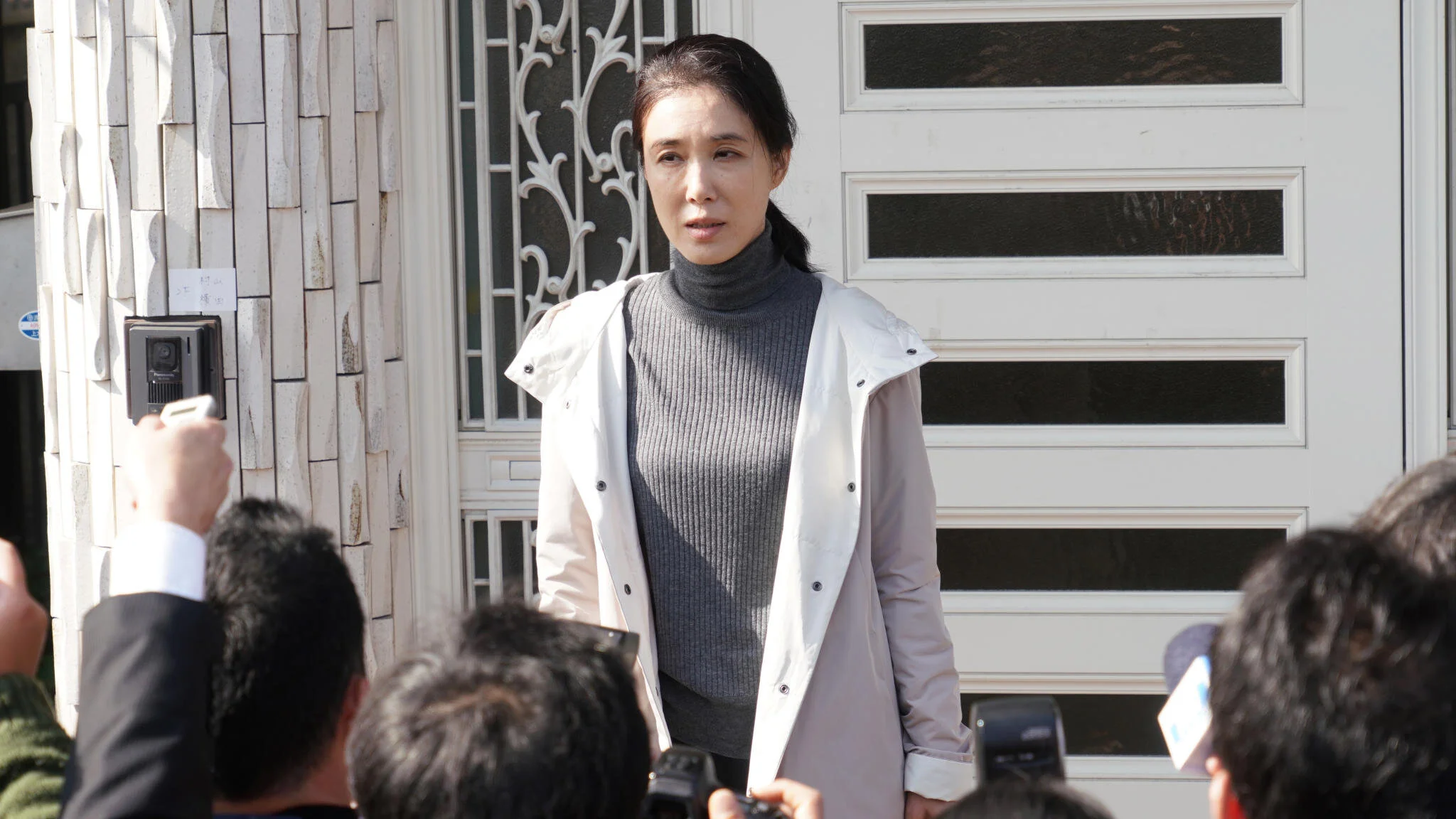IFFR 2020 - A Girl Missing
Kôji Fukada's Yokogao (A Girl Missing) is a slow, stoic and strenuously foreboding tale of mental fatigue and media scrutinization, reaching the point of psychological oblivion. Fukada's film ravels out a multitude of layers throughout its running time of one hundred and ten minutes. On the surface, Yokogao (A Girl Missing) plays as a simplistic weighted thriller, however, in essence, what bubbles away is a more critical and pseudo-profound look at the systematic prejudice of media.
Fukada layers the weight of his film in a slow-brooding revealing manner. What begins in earnest is soon devoured by unscrupulous conduct, greed in a sensation that destroys all in its wake. These themes are deep-felt and well-executed, specifically with how they convey the horrific pain that results.
Fukada's comments on the sensationalism of media are interesting and harrowing to behold. The cesspool of uncovering anything, without the realisation that it destroys lives, is simply vile. The inherent dishonesty of protecting those in need — no matter how close they are in the inner circle — further distresses the audience, as this type of narrative is common on a staggering global level.
Not only does Fukada examine the state of sensational media, but scrutinises toxicity in youth culture. For instance, he discusses incel-like behaviour’s unsettling ripples, caused by violent actions, from an unknown misogynistic temperament. The film interestingly touches upon the broad concept of misogyny both in the workplace and in society as a whole. While Yokogao does not submerge itself to identifying these actions, it does a captivating job of showcasing its effects on all fronts.
The film is headlined by the wonderfully stoic performance of Mariko Tsutsui as Ichiko, which upholds and examines said themes in a stunning, visceral conviction. Tsutsui is nothing short of brilliant in conveying the psychological state of character Ichiko, who is slowly consumed by the emotionalism of crimes surrounding her, and the betrayal of those she cares for. The penultimate scene of her descent, in particular, stuns in its intimacy and restraint; throughout, Tsutsui has the option to verbally articulate her character into being, but she and director Fukada choose an almost silent stance that echoes a more definite emotional conviction, and showcases the distinguished physicality Tsutsui brings to Ichiko.


